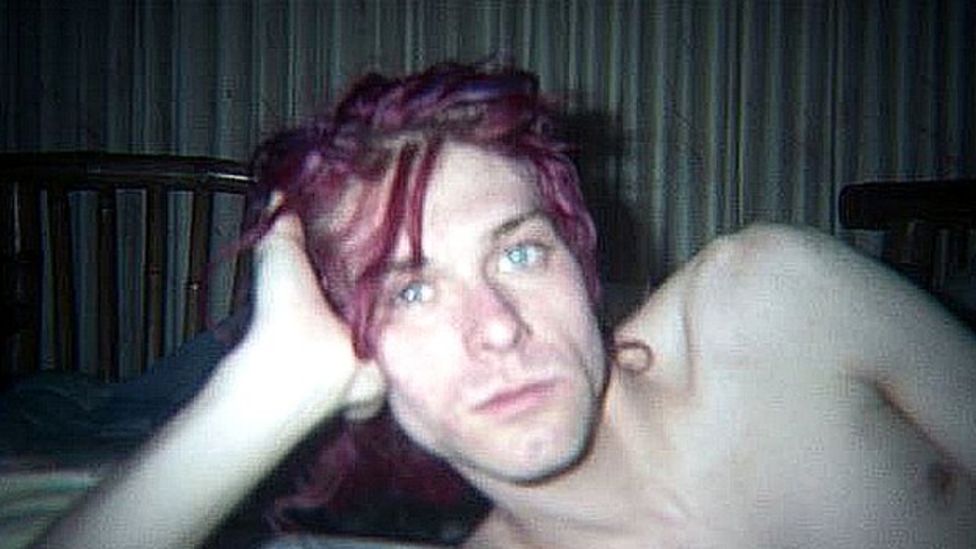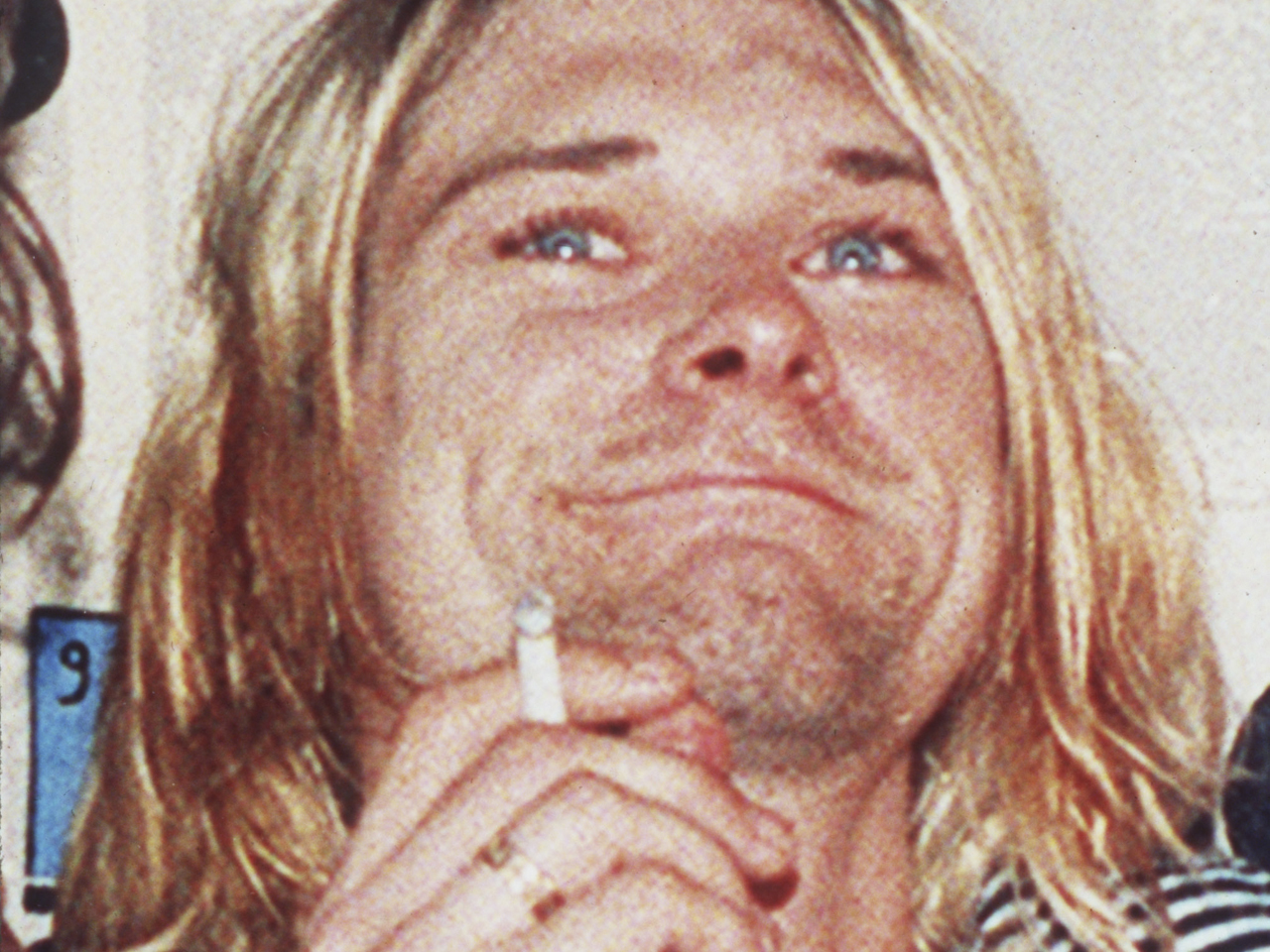Kurt Cobain's life was a tumultuous journey marked by incredible musical achievements and profound personal struggles. As the frontman of Nirvana, he became one of the most iconic figures of the 1990s grunge movement, captivating millions with his raw talent and emotional depth. However, behind the scenes, Cobain battled a significant addiction to drugs, which ultimately contributed to his tragic demise. This article delves into Kurt Cobain's complex relationship with drugs, exploring how they influenced his life and career, and the impact they had on those around him.
From his early days in Aberdeen, Washington, to his meteoric rise to fame, Cobain's story is one that intertwines creativity and chaos. His struggles with substance abuse were not merely a personal issue; they reflected broader societal challenges related to mental health, addiction, and the pressures of fame. Understanding Cobain's experiences with drugs provides valuable insights into the darker side of rock and roll and the fragility of human existence.
As we unpack the layers of Kurt Cobain's life, we will examine key questions surrounding his addiction, the role drugs played in his artistry, and how his legacy continues to resonate today. Join us as we navigate the complexities of Kurt Cobain on drugs and the lasting impact it has had on music and culture.
Read also:Unveiling The Rich Tapestry Of Variety Iistol A Comprehensive Guide
What Was Kurt Cobain's Biography?
Kurt Donald Cobain was born on February 20, 1967, in Aberdeen, Washington. He showed an interest in music from a young age, forming his first band in high school. By the early 1990s, he had achieved worldwide fame with Nirvana, thanks to the success of their second album, "Nevermind." However, his life was marked by struggles with addiction and mental health issues leading to his untimely death on April 5, 1994.
| Personal Details | Bio Data |
|---|---|
| Name | Kurt Donald Cobain |
| Date of Birth | February 20, 1967 |
| Place of Birth | Aberdeen, Washington, USA |
| Profession | Musician, Songwriter, Artist |
| Genres | Grunge, Alternative Rock, Punk Rock |
| Instruments | Vocals, Guitar, Drums |
| Years Active | 1987 – 1994 |
| Death | April 5, 1994 |
How Did Drugs Influence Kurt Cobain's Life?
Kurt Cobain's battle with addiction began in his teenage years, but it escalated dramatically as his fame grew. Drugs became both a coping mechanism and a source of inspiration for his music. The pressures of being a rock star, coupled with his struggles with depression, led him to seek solace in substances like heroin and prescription pills.
The influence of drugs on Cobain's life was profound. They affected his relationships, his creativity, and ultimately his health. As his addiction deepened, his behavior became increasingly erratic, leading to concerns from friends, family, and bandmates. Despite these challenges, Cobain continued to create music that resonated with a generation, often drawing from his own experiences with pain and addiction.
What Role Did Drugs Play in Kurt Cobain's Artistry?
For many artists, drugs serve as a source of inspiration. In Cobain's case, his struggles with addiction fueled much of his songwriting. Songs like "Lithium" and "Heart-Shaped Box" reflect his emotional turmoil and the chaos of his personal life. The raw honesty in his lyrics resonated with fans, making him a voice for those grappling with similar issues.
However, the line between creativity and chaos is thin. As Cobain's dependency on drugs grew, so did the challenges associated with his creative process. He battled with writer's block and found it increasingly difficult to maintain the balance between his personal life and professional obligations. The very substances that inspired some of his greatest work also threatened to consume him.
What Were the Consequences of Kurt Cobain's Drug Addiction?
The consequences of Kurt Cobain's drug addiction were devastating. His health deteriorated rapidly, as he faced numerous overdoses and health scares. The impact on his personal life was equally profound; his marriage to Courtney Love and his role as a father to Frances Bean Cobain were deeply affected by his addiction.
Read also:Charttopping New Kids On The Block Hits That Defined A Generation
Ultimately, the consequences culminated in his tragic death in 1994, which shocked the world and left a lasting legacy. Cobain's struggles with drugs highlighted the darker side of fame and the often-unseen battles faced by artists. His story serves as a cautionary tale about the dangers of addiction and the importance of mental health awareness.
How Did the Public Respond to Kurt Cobain's Struggles with Drugs?
The public response to Kurt Cobain's struggles with drugs was mixed. Many fans expressed concern and empathy for the musician, rallying around him during his darkest times. Cobain's vulnerability and openness about his addiction resonated with countless individuals who faced similar battles, fostering a sense of connection through shared experiences.
However, there was also a darker side to the public's response. The media often sensationalized his struggles, painting him as a tragic figure caught in the throes of addiction. This portrayal sometimes overshadowed his musical achievements and the depth of his artistry, reducing him to a stereotype of the tortured rock star.
What Can We Learn from Kurt Cobain's Experience with Drugs?
Kurt Cobain's experience with drugs serves as a powerful reminder of the complexities surrounding addiction, mental health, and fame. It highlights the importance of open conversations about these issues and the need for empathy and support for those struggling with similar challenges. Cobain's legacy continues to inspire discussions about mental health awareness, substance abuse, and the pressures faced by artists in the industry.
Key takeaways from Cobain's journey include:
- The need for mental health support: Understanding and addressing mental health issues is crucial for individuals battling addiction.
- Empathy over judgment: Compassionate responses to those struggling with addiction can foster healing and recovery.
- Creating safe spaces: Providing environments where individuals can share their experiences without stigma is essential.
- Promoting open dialogue: Encouraging conversations about addiction and mental health can help reduce isolation and shame.
How is Kurt Cobain's Legacy Remembered Today?
Kurt Cobain's legacy endures in the hearts of fans and the music industry alike. His contributions to rock music, particularly the grunge movement, continue to influence new generations of artists. The conversations surrounding his struggles with drugs have sparked greater awareness about addiction and mental health issues, prompting initiatives aimed at supporting those in need.
In addition to his music, Cobain is remembered for his artistic vision and commitment to authenticity. His life serves as a poignant reminder of the importance of addressing the challenges that come with fame and success. Today, many artists honor his memory by candidly discussing their own struggles with addiction and mental health, ensuring that Cobain's story remains relevant and impactful.
In conclusion, Kurt Cobain's battles with drugs were a significant part of his life story. By examining his experiences, we can gain a deeper understanding of the complexities surrounding addiction and the importance of compassion and support for those facing similar challenges. The legacy of Kurt Cobain on drugs continues to resonate, reminding us of the fragility of life and the enduring power of music.


